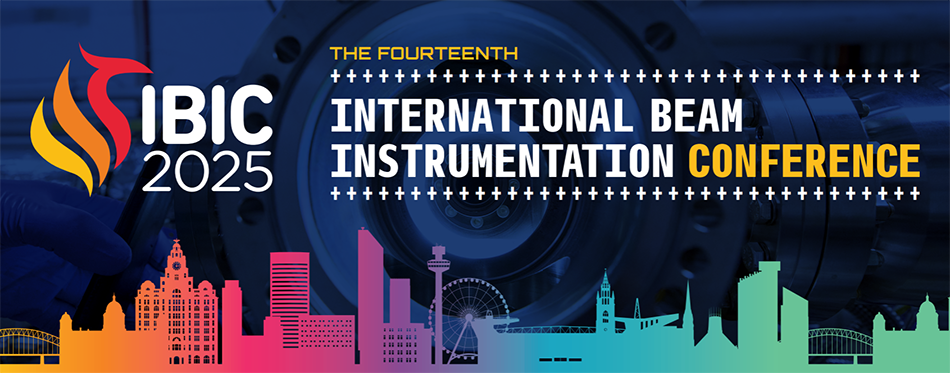Speaker
Description
The space charge of high-intensity ion beams makes it challenging to transport the beam through the LEBT and inject it into the subsequent accelerator. Space charge compensation (SCC) is a process that lowers the space charge of an ion beam by trapping either positive ions or electrons, created by interaction of the beam with residual gas. The compensating secondary particles reduce the beam potential and the space charge-induced divergence of the beam. Significant beam losses during SCC build-up necessitate minimising the SCC time of pulsed high-current ion beams. To address this, diagnostics techniques are used to study the SCC process and measure its degree or time. These techniques include emittance meters, beam profile monitors, wire scanners, retarding field analysers, and optical sensors. Such diagnostics are applicable to positive and negative ion beams, with unique challenges based on the specific ion beam and residual gas used. In this paper we review common SCC diagnostic techniques, discuss the differences in SCC diagnostics for continuous and pulsed beams as well as positive and negative beams, and highlight the importance of supporting particle-in-cell simulations.
| I have read and accept the Conference Policies | Yes |
|---|
